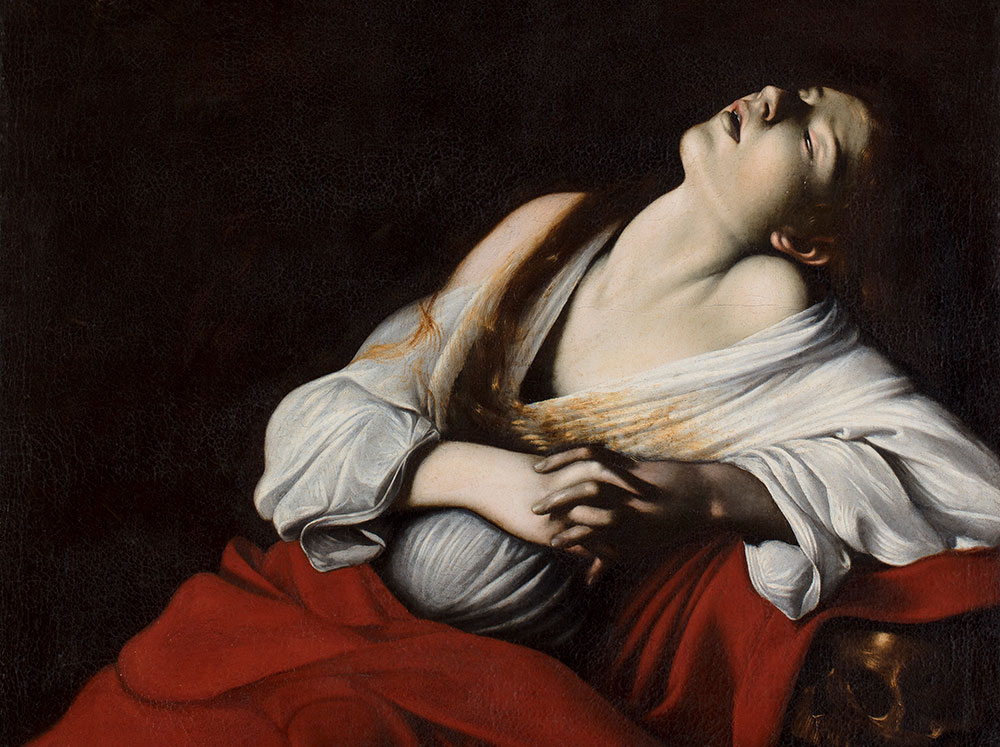- Home
- Envisioning Asia, Gandhi and Mao in the photographs of Walter Bosshard
Exhibitions
KNMA is delighted to present an exhibition of photographs of Swiss photographer Walter Bosshard (1892–1975), which are being seen in India for the first time. This exhibition is co-produced by Fotostiftung Schweiz (Winterthur) and Critical Collective (Delhi), and brings together 51 of Bosshard's iconic portrays of Gandhi and Mao. The original negatives have been digitized in Switzerland in order to produce high quality exhibition prints in India. Exhibition also includes a 1921 silent film on Mao shot by Bosshard.
Seventy years after the assassination of Mahatma Gandhi in 1948, the photographs of Walter Bosshard sheds new light on the Independence movement, the salt march to Dandi in 1930 and the personality of its leader. Bosshard preceded the illustrious photographers Henri Cartier-Bresson and Margaret Bourke-White who came to India in the late 1940s to photograph the Mahatma, by documenting this first vital gesture of the Civil Disobedience movement.
A few years later he travelled to China to document Mao Zedong and the Red army training in the caves of Yan’an. Co-curaotrs Gayatri Sinha and Peter Pfrunder bring together this rare archive of Gandhi and Mao images at the Kiran Nadar Museum of Art.
The Swiss photographer Walter Bosshard (1892–1975) was a pioneer in the field of photojournalism. A master of both the word and the camera, he made a name for himself as a bridge builder between Asia and Europe, reporting on key political events and daily life in Asia in the 1930s. Today, his photographs and films are a rich source of information for understanding global history. Bosshard's archive is preserved by the Swiss Foundation for Photography in Winterthur (Zurich), a national institution founded in 1971, tasked with caring for the photographic heritage of Switzerland.
In a dream assignment by the Münchner Illustrierte Presse, Bosshard was sent to India to report on the growing unrest and the Independence movement. In March 1930 he started on an eight month journey of Asia; he crossed 20,000 kilometres by car, to numerous cities and countries, and came into contact with over 5,000 people of various backgrounds.
The highlight of his assignment appeared on 18th May 1930 when the Münchner Illustrierte published Walter Bosshard's story on Mahatma Gandhi. The cover of the magazine showed Gandhi deeply immersed in reading, his head leaning on his hand. Inside the magazine, the viewer encountered the Mahatma in intimate situations – while he ate onion soup, while he shaved, and even while he slept. Bosshard's unusual portraits were widely distributed and admired. The photographs challenged Gandhi’s own ambivalent attitude to photography, as Bosshard noticed. When asked for permission to take photographs, the camera-shy Mahatma replied: "I have sworn never to ‘pose’ for a photographer! Try your luck, perhaps it might even turn out well".
The impressions of his journey through India were published by Bosshard in his book Indien kämpft! in 1931.
From India Bosshard then returned to China. He had visited China in 1921, and made the first silent film on Mao Zedong, the emergent revolutionary. Living and working in China between 1933 and 1939, Bosshard photographed daily life, the bombing of Hankon and China’s nomadic communities. Most importantly he photographed Mao Zedong in the caves of Yan’an, the training of the Red army, Chiang Kai-shek and Soong Mei-ling.
Bosshard occupies a singular place in 20th century photographic history. Today nearly 90 years later, his photographs offer a compelling comparison between two dominant figures of Asia, Gandhi and Mao as viewed from a single lens. Photographs of the Dandi March and the training of the Red Army, the message of nationalism and the symbols of resistance that these leaders adopted, reveal salient aspects of Asia’s history.

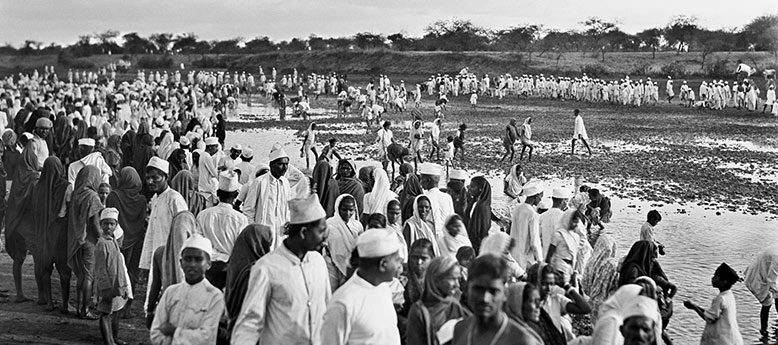

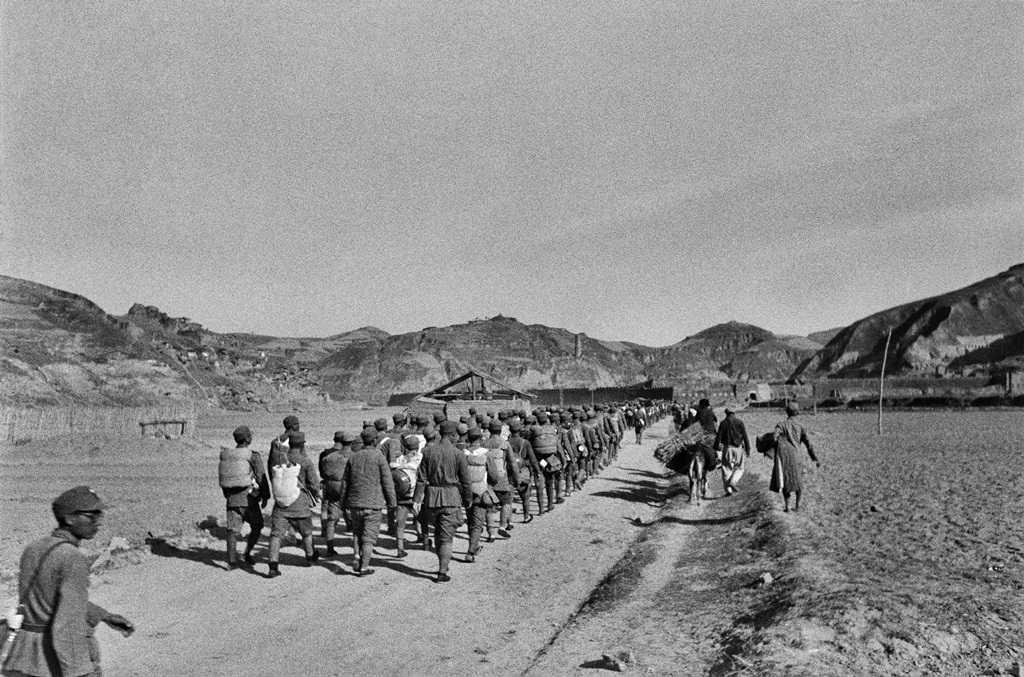
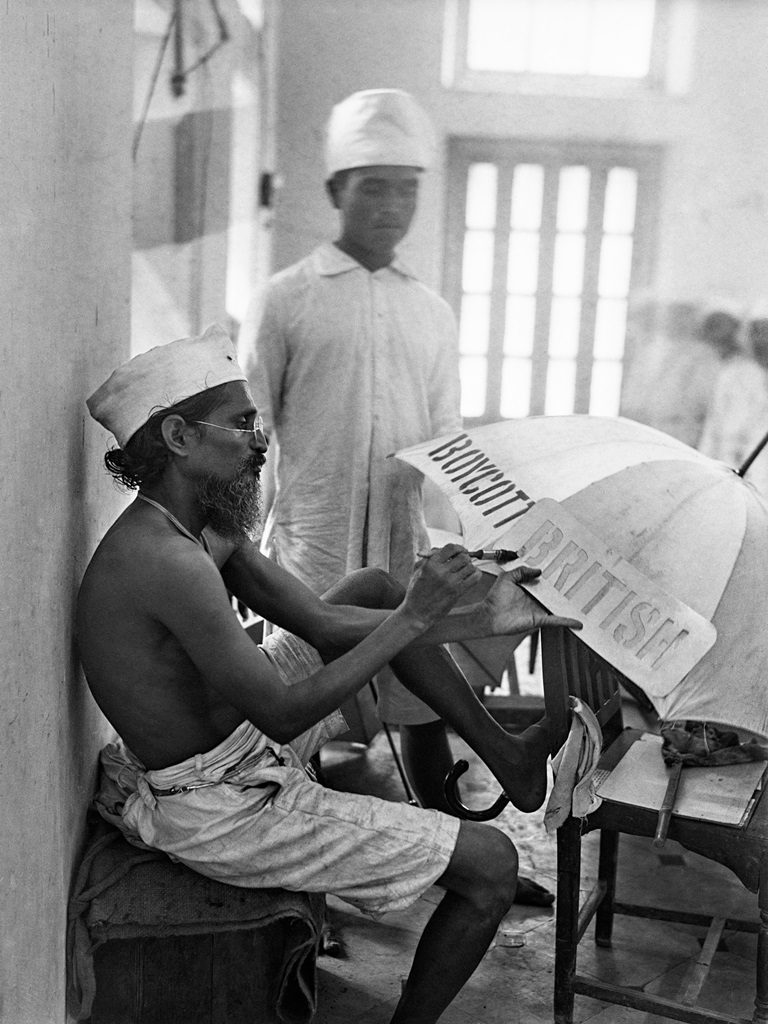
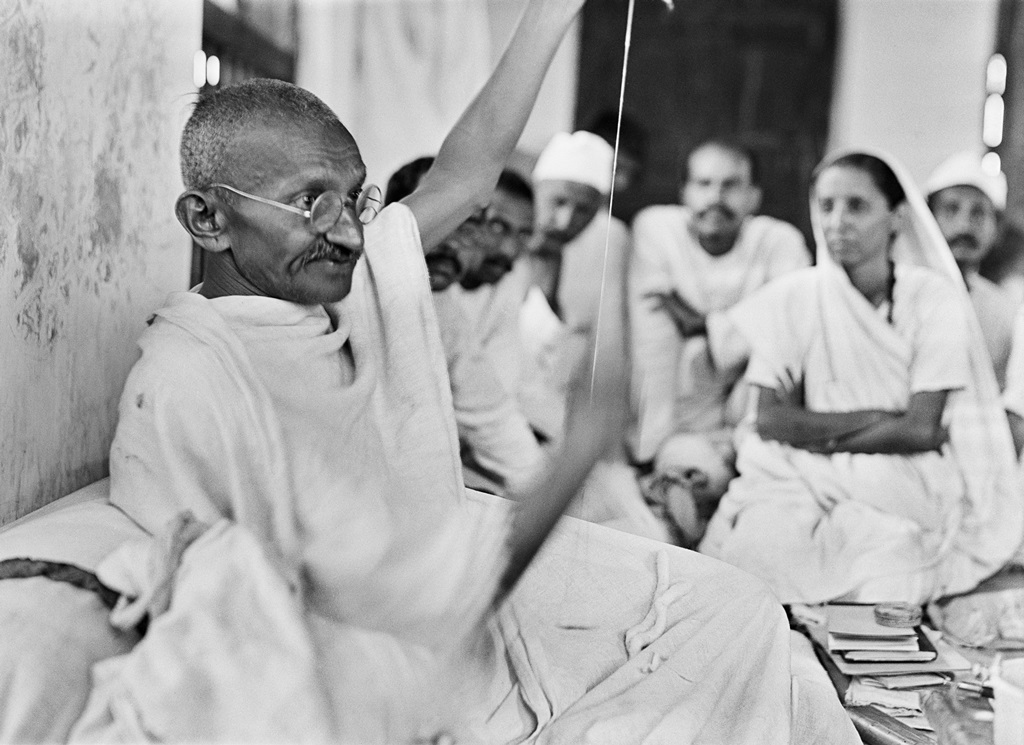

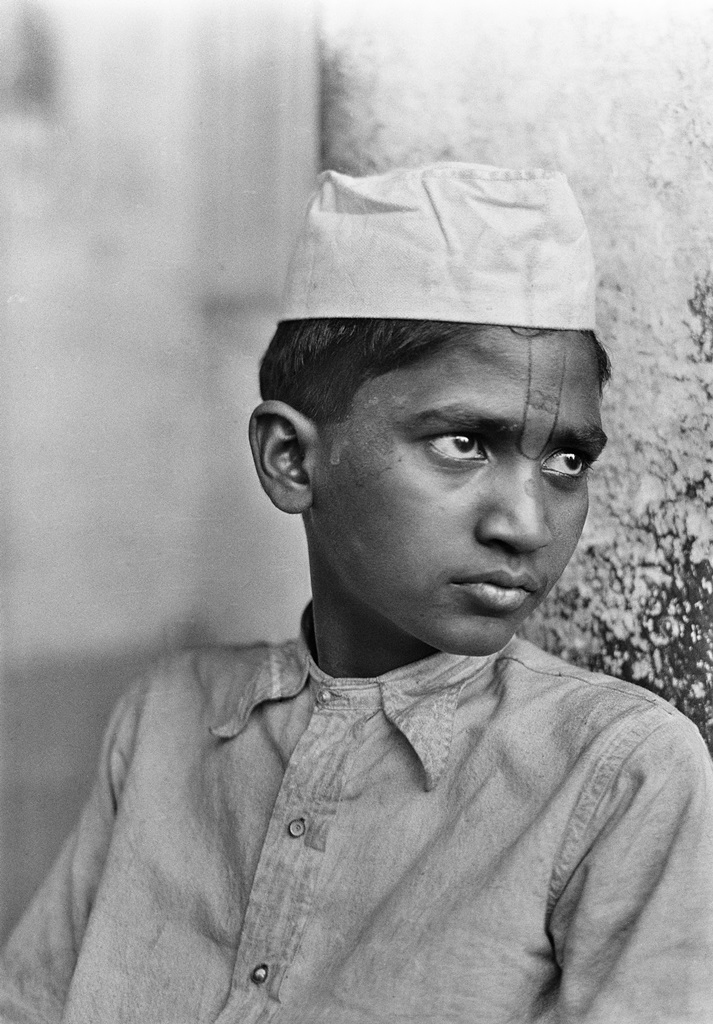

_0.jpg)
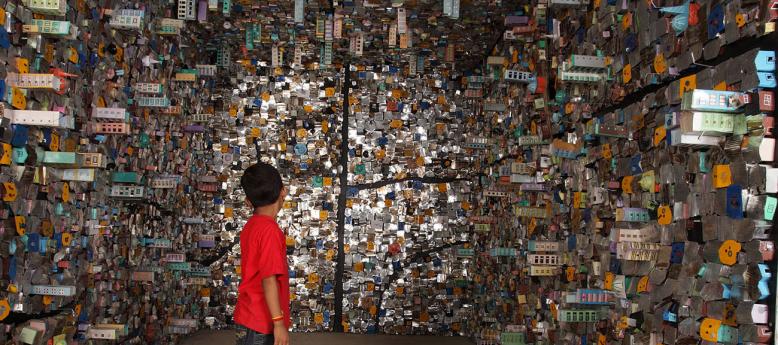


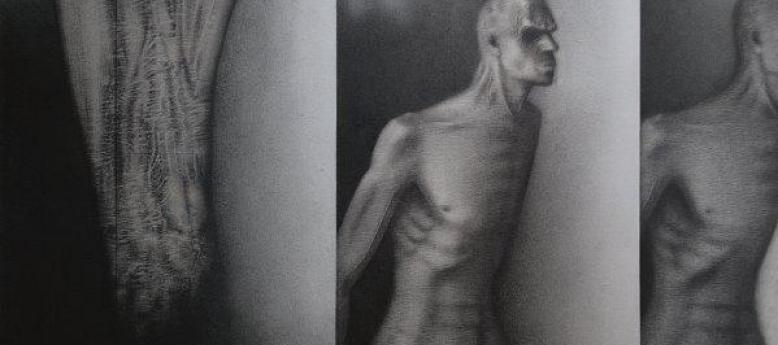

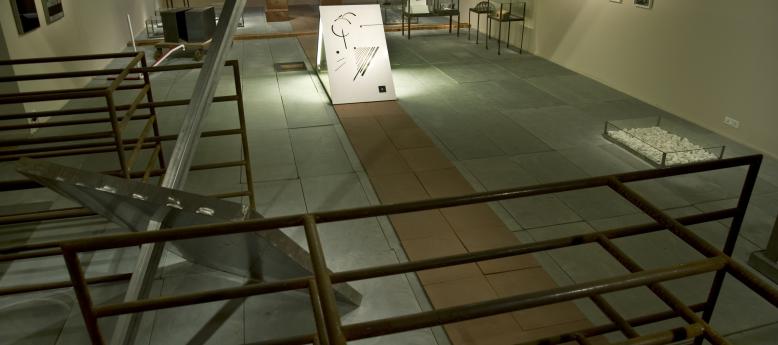
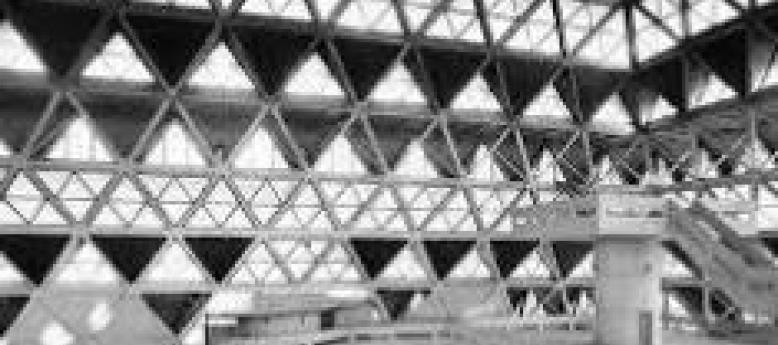
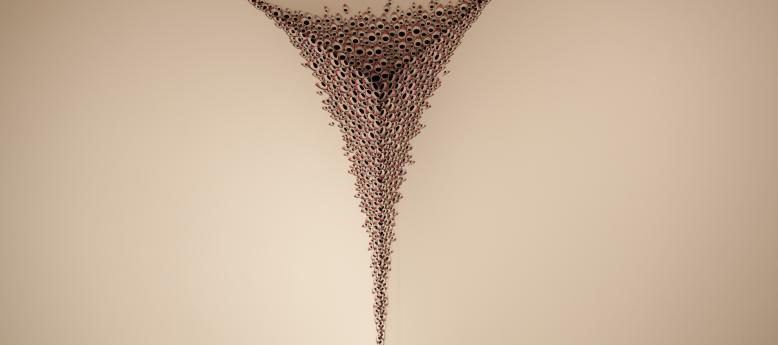


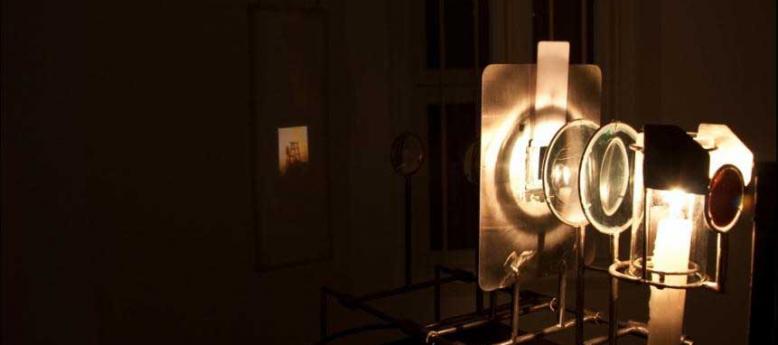



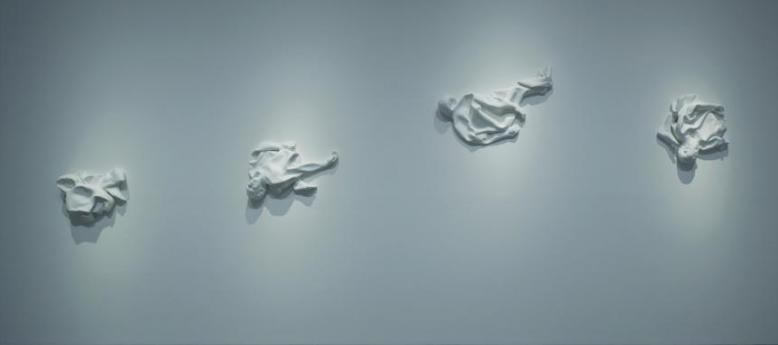




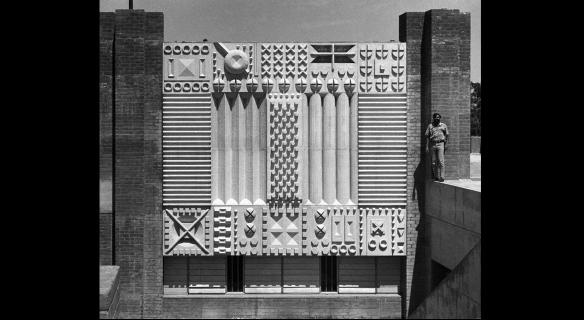







.jpg)








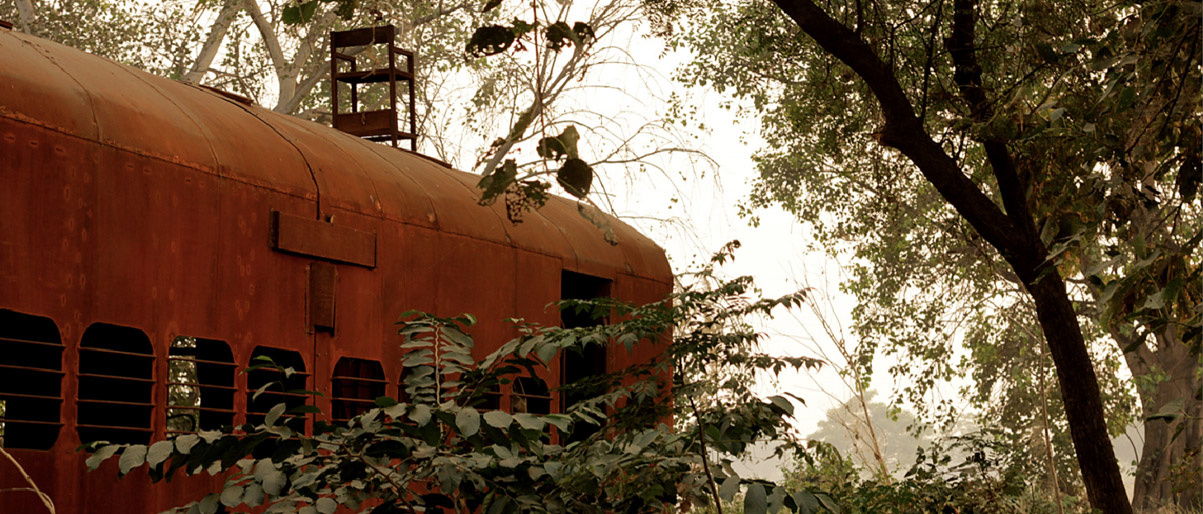
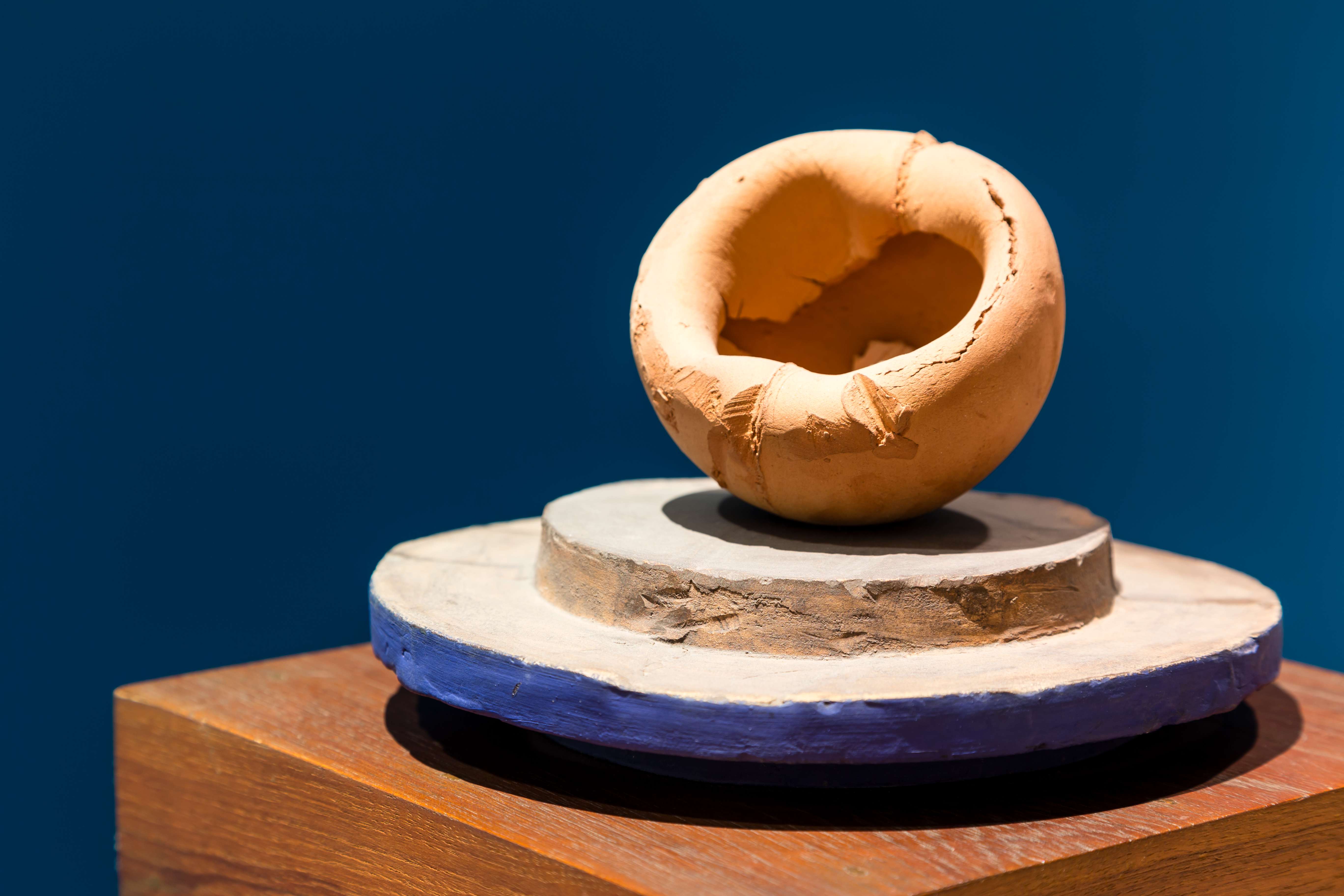

.jpg)



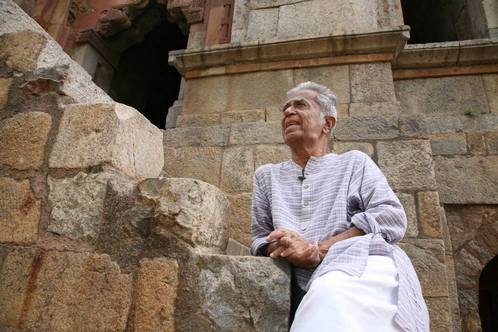


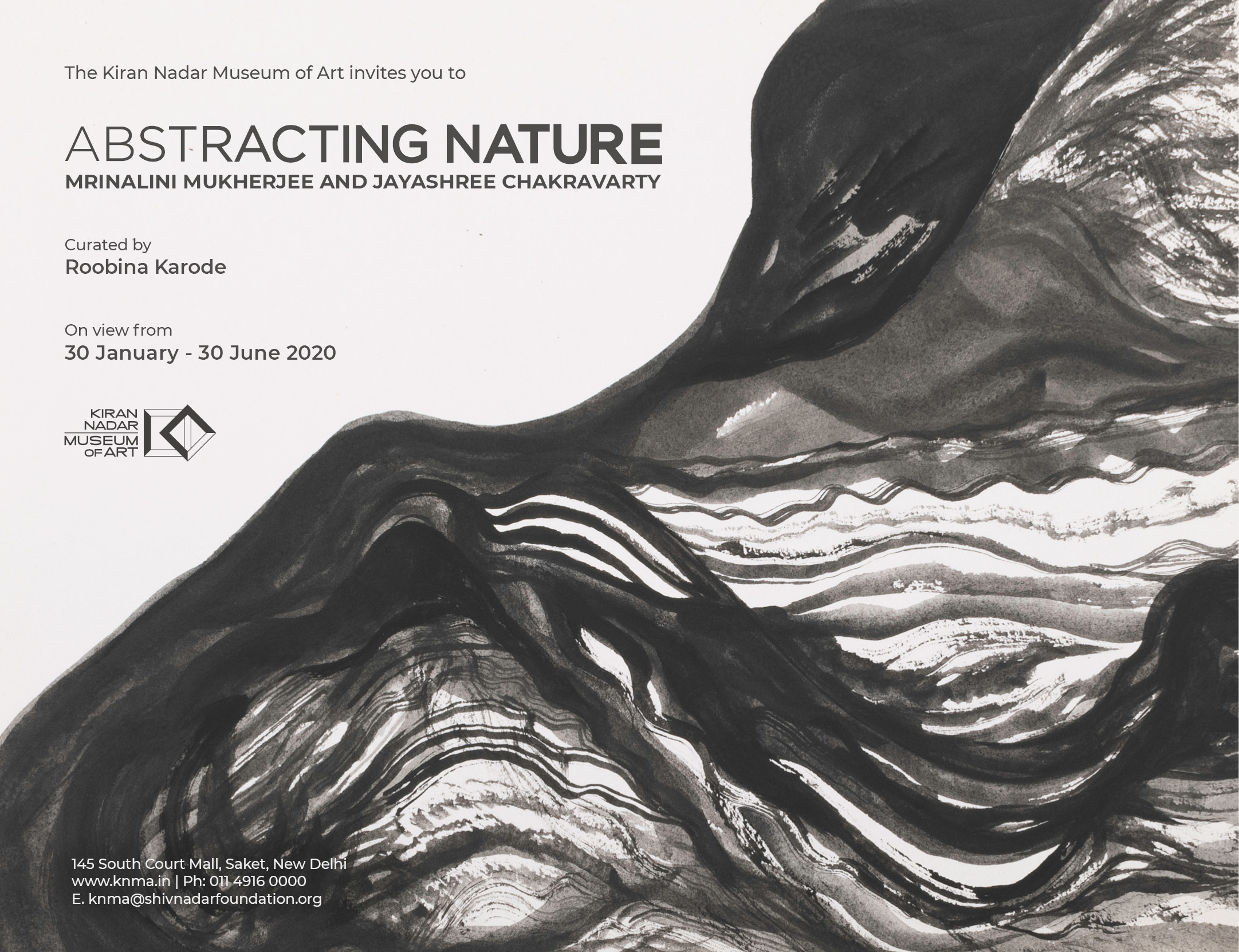
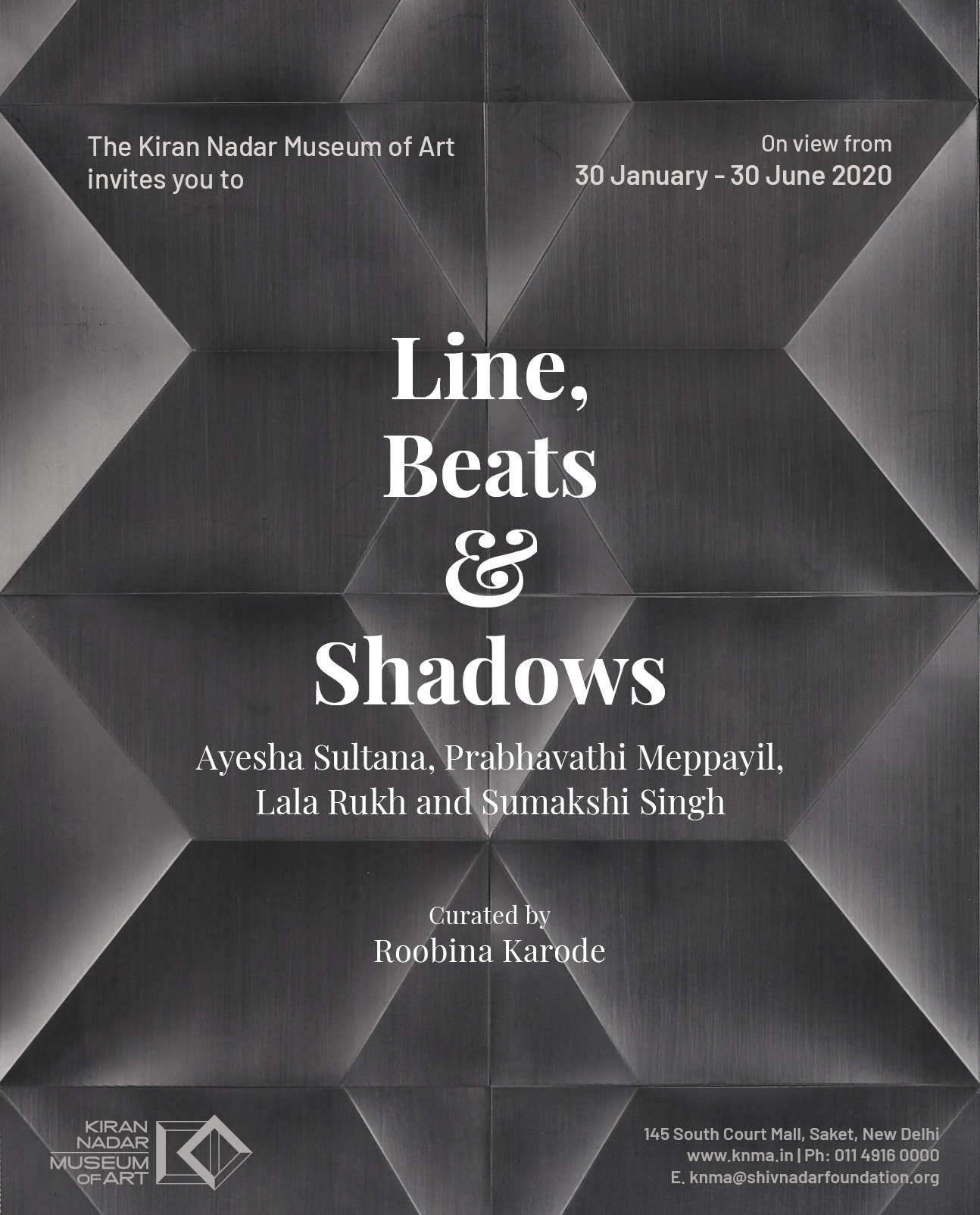
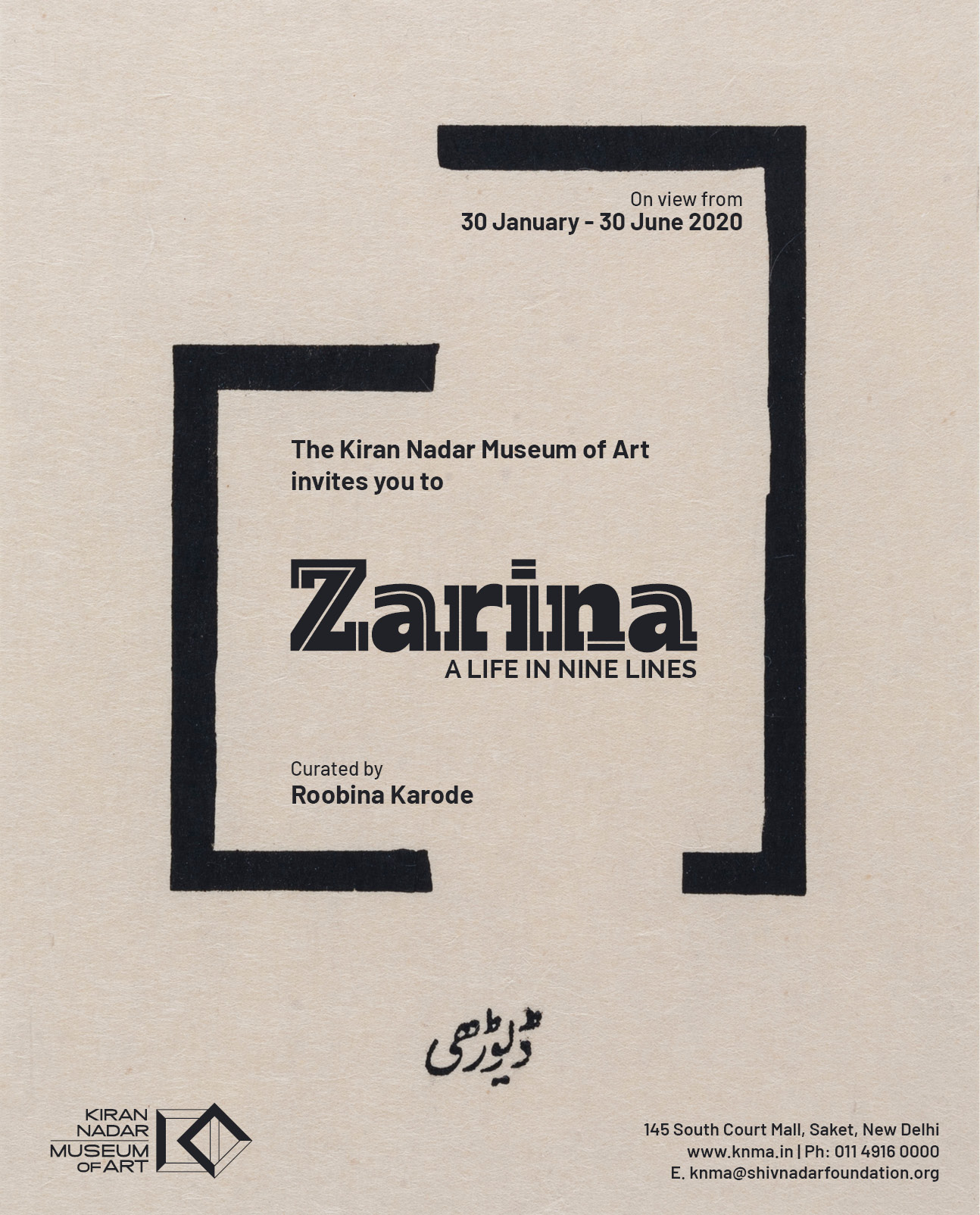







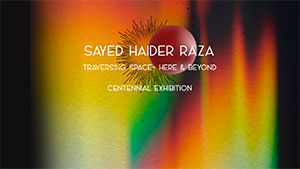


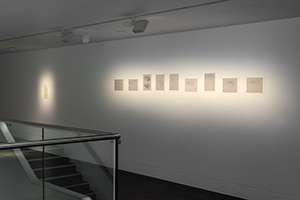
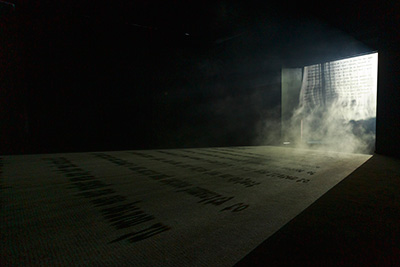
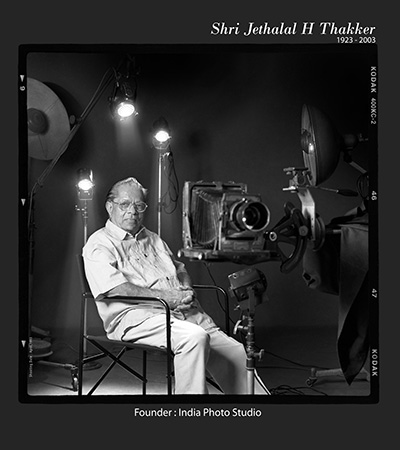
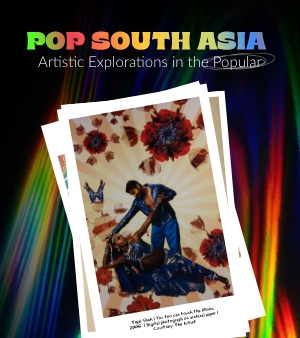




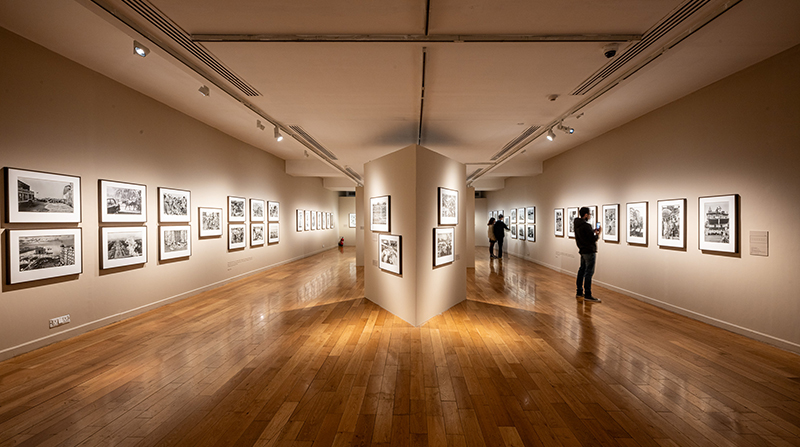
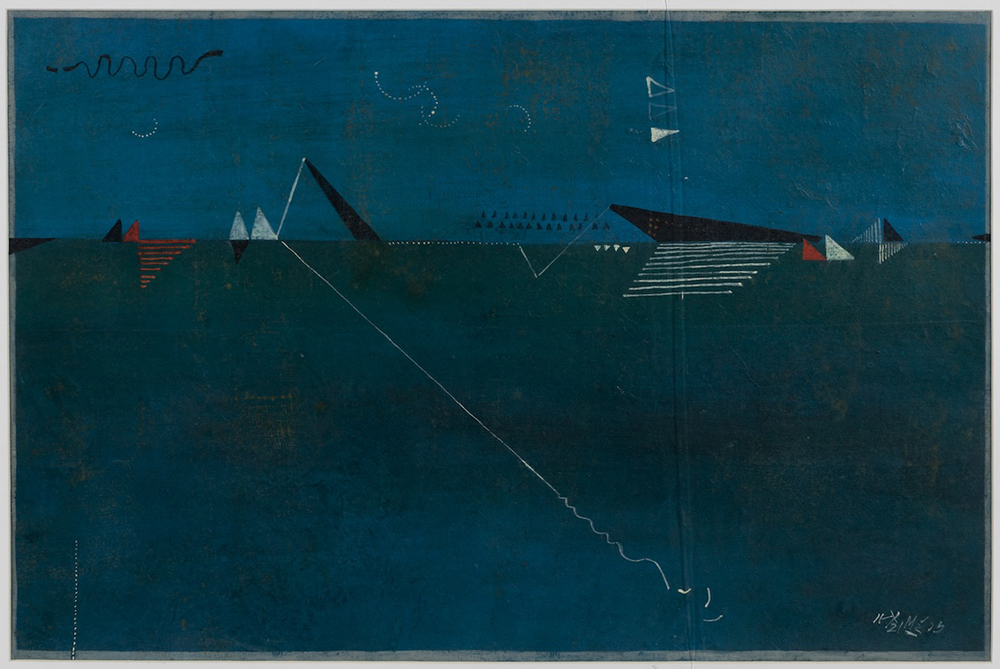

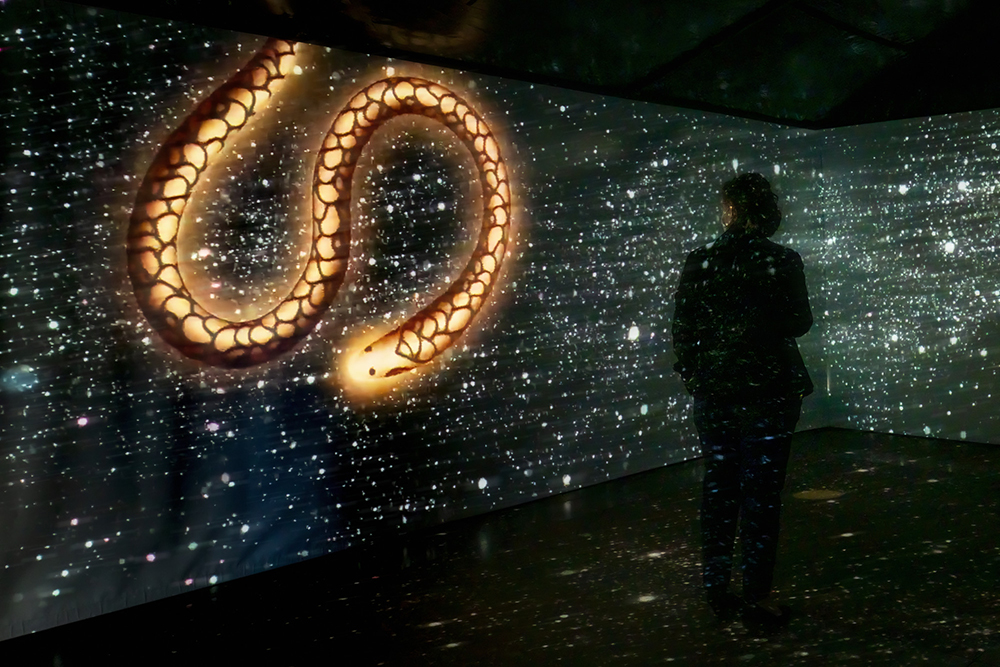
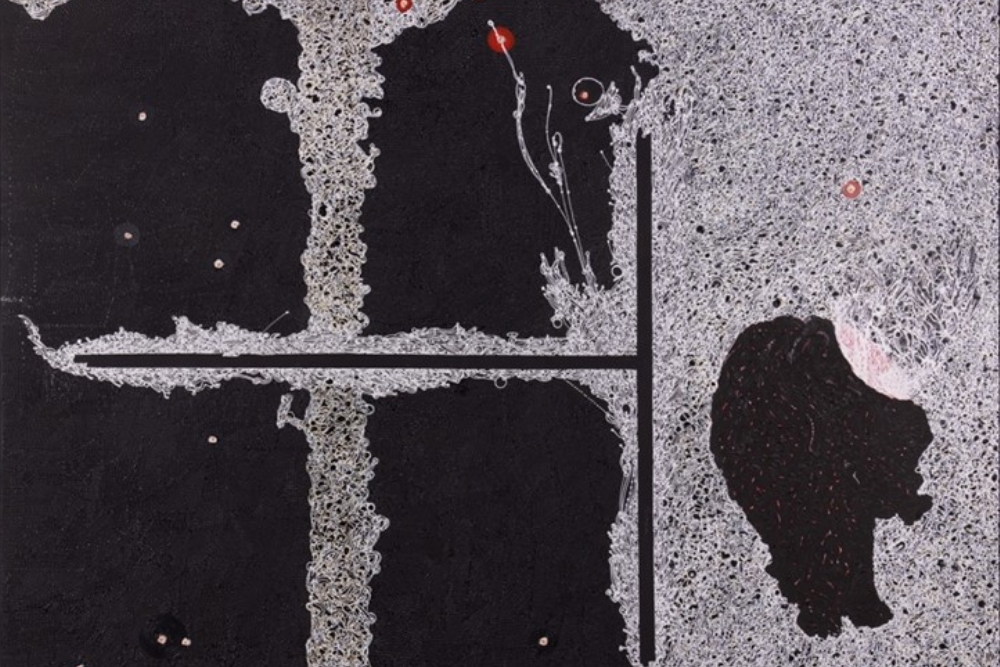
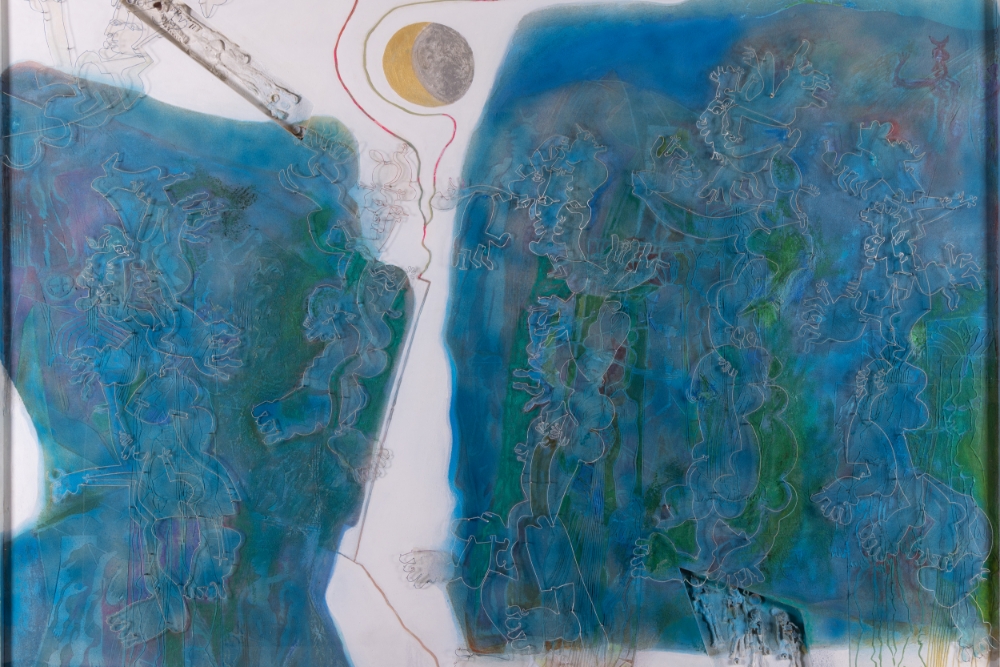
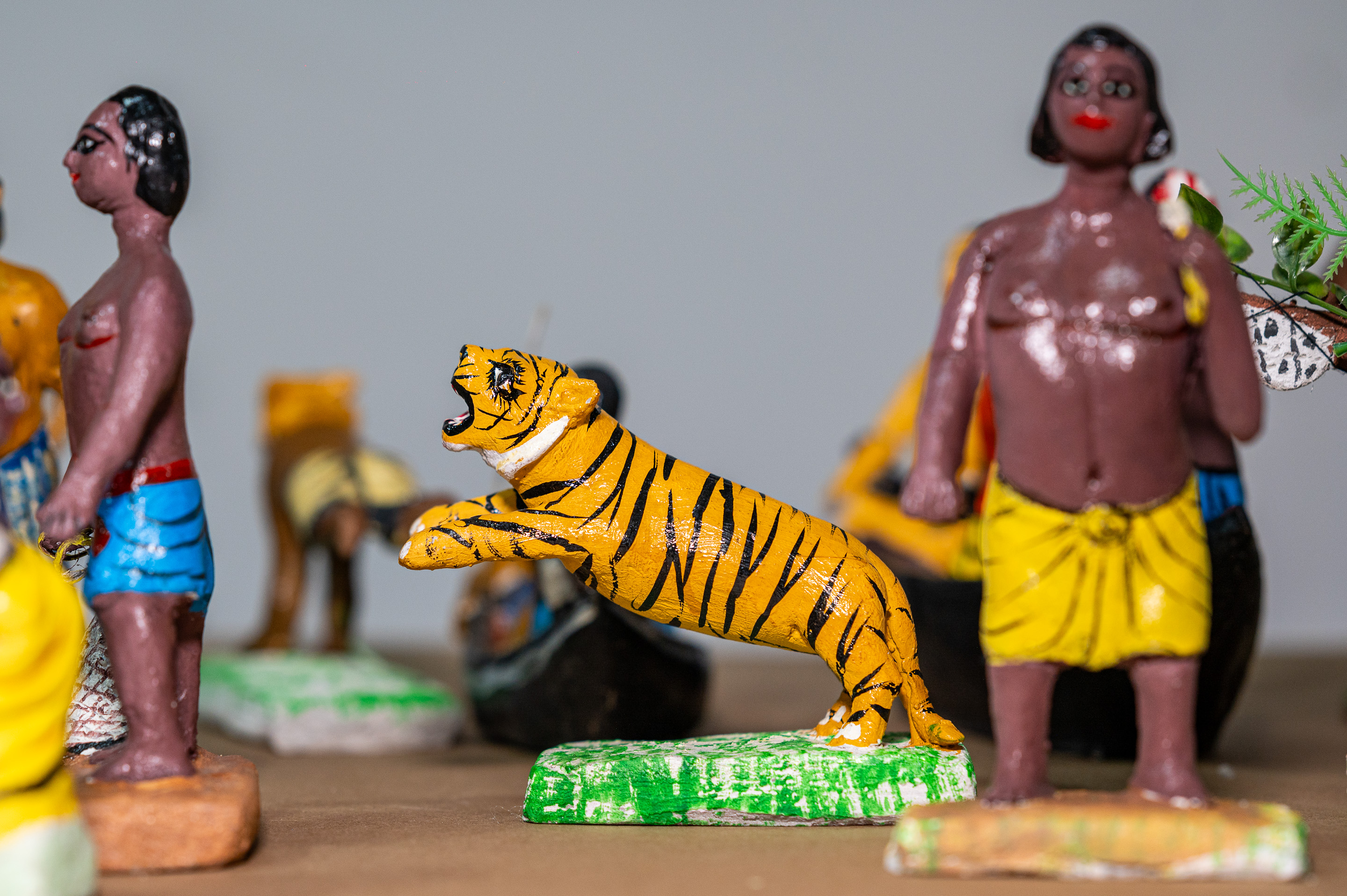

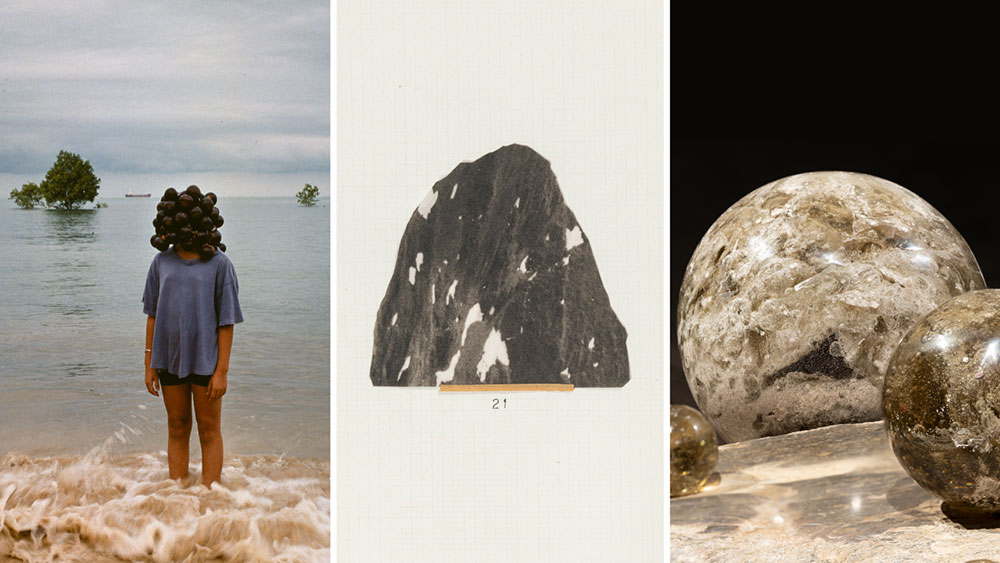

.png)

